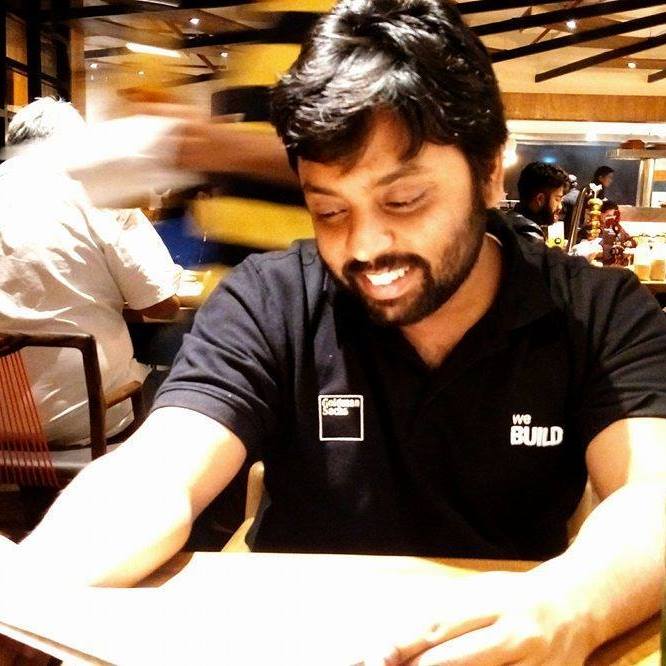About Addis Ababa
12/03/20 02:30
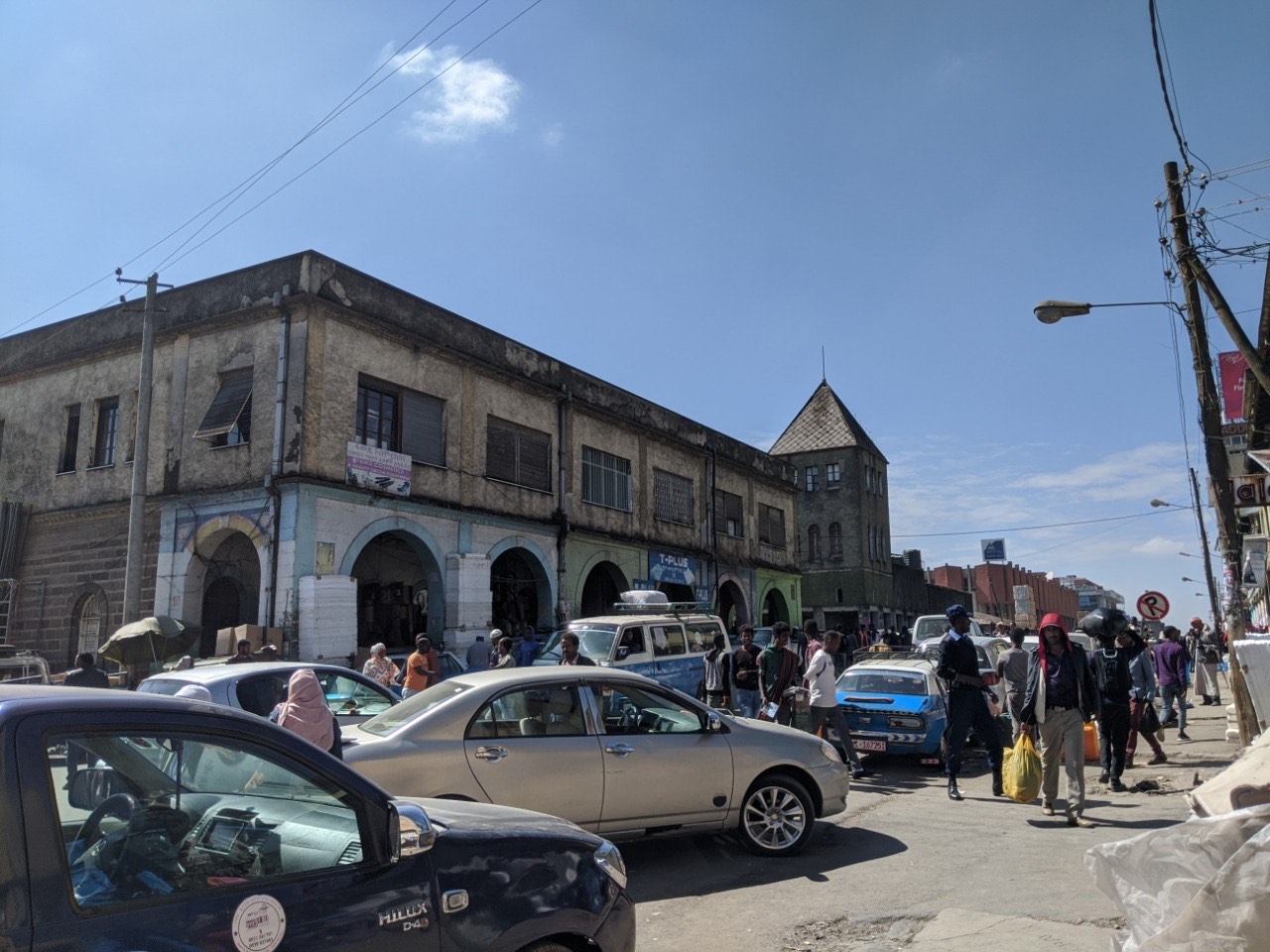
Months before the trip starts, weeks before the first ticket is booked, and days before budget is chalked down for the trip, I vicariously live in that city. Through Google Maps and Bookings and Agodas I visit and revisit the city through tip of my fingers. I zoom in the streets till the neighbouring shops are inch apart on screen and then track the streets through junctions and alleys. I often lose track at the crossing and start over again at some other corner. Sometimes I mark a store or cafe to visit. I know very well that it will mostly not make the cut in final itinerary.
But Addis Ababa took me by surprise. Once the taxi rolled out of the parking lot and the manicured lawns of the airport, the city that hits you looks seemingly under siege. The airport is so located that you crash right into the heart of the city. Equally spaced, like a set piece, every 100 meters the men in fatigues are stationed with their automatic rifles. It is not the automatic rifles that scares you. It is the ease and the lack of tension in their arms with which they carry them. The rifles felt like an extension to their body, like you and me feel with our smartphones. A comforting presence between the fingers. The ease that comes with years of intimacy. You get scared of the intimacy they have with their rifles.
But people rarely notices this siege, as if they have inducted the intrusion in part of their daily routines. Behind the footpath it seemed like the city is under construction. High rises of grey and shuttered shops of blue and brown build a facade on both sides of the Main Street. The city and its identify is hidden behind them in the alleys. To be fair this is where modern cities hide. In the sois of Bangkok, hems of Saigon and by-lanes of Kolkata. In Addis Ababa though, these alleys have no name. That is what took me by surprise. I did not get to live vicariously and walk them through screen of my phone. I could not learn the neighbourhood of the places where I stayed. Maybe that was the only way the people of the city knew how to protect what was left behind.
The rundown taxis that are stripped of their last bit of interior apart from the seat cushions, jerk its way through the bustle of these unnamed lanes. In these lanes the residents from the neighbourhood spills over and reclaims every inch as their courtyard. So much so that you do not feel like an intruder, but merely a puppet on display. Amused people look at you tumbling your way through narrow streets. The corner plots on these small lanes are reserved for the houses with lawns. But the French windows of the houses are trapped behind metal bars to keep the social inequalities securely outside.
The cold wind packs a bite year long, but the rapid industrialisation is fights back with heat trapped in concrete. The hotels and apartments are still bereft of Air Conditioners or even ceiling fans. In their absences, the eerie silence is borderline claustrophobic. It is a city that lives in shadows after all. As the night fall, the darkness creeps over the footpaths. The street lights are only reserved for the highways. The alleys make do with the neons spilling from the apartments on both sides. The grocery stores in every lane is the oasis of light and life of these streets. They are overstocked with necessities and gallons of water bottles, curiously I was hard pressed to find a single shop that keeps a packet of match sticks. An ongoing supply chain crisis maybe.
Addis Ababa is one of the highest altitude capital cities in the world. The mountain air smells crisp and liberating but curiously scented with incense sticks. Look around in daylight and the fragrance can be attributed to the street corner shops that have come up with their own abridged coffee ceremony to adapt to speed of city life. The hour long traditional coffee ceremonies is reduced to few minutes. It is a tradition left behind only as a relic for tourists as locals would rather prefer a cup at the local cafe. The sugary concoction chinos and chiatos left behind during the brief Italian occupation has brought out the infidelity of the local taste buds. The bitter concentrate of dark roasted beans that was a staple through thousands of years have been sidelined to the fringes of tradition.
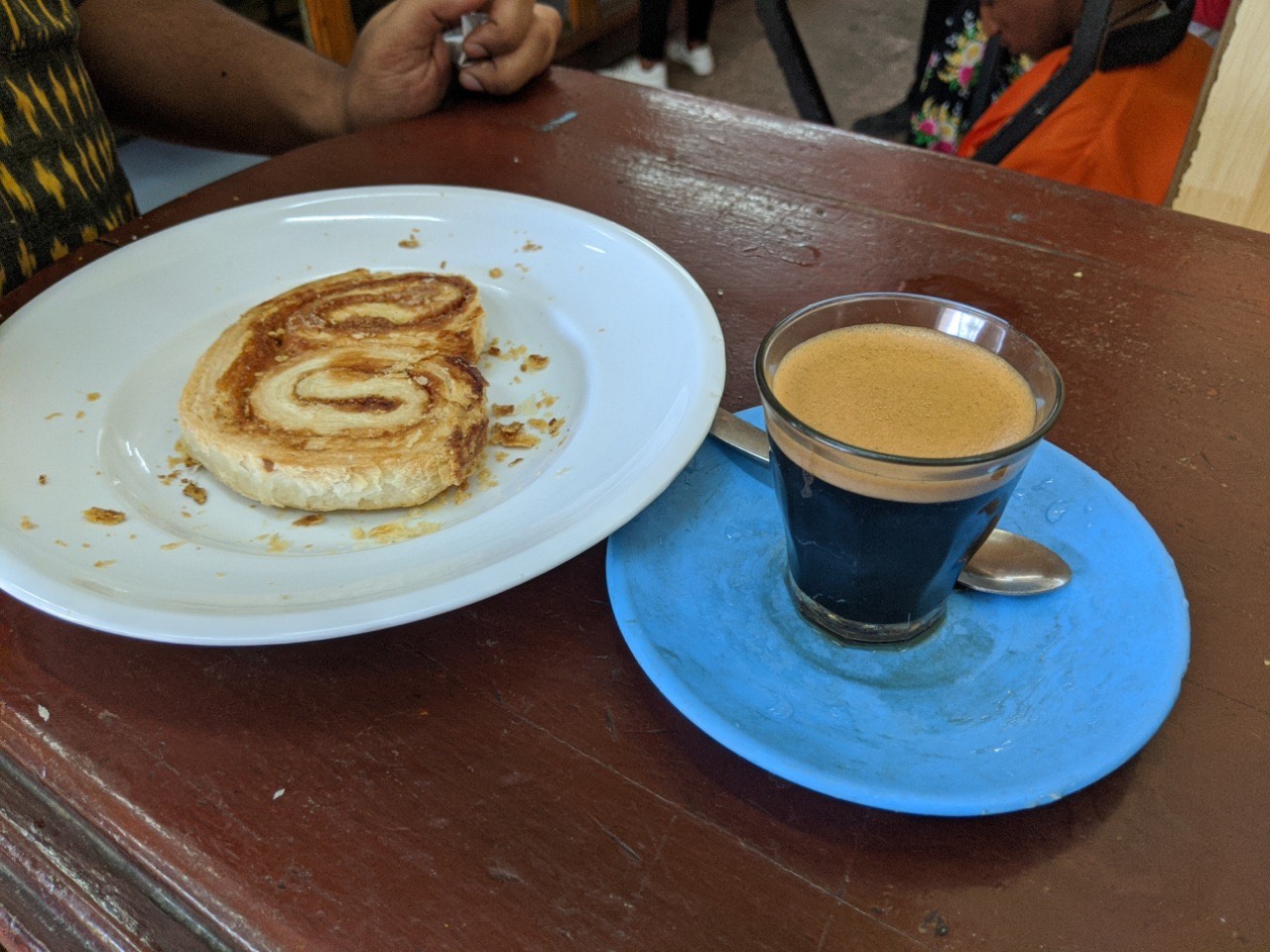
Growing up in India, and fantasies about Europe taught me cities are about brick and mortar. It is about iconic landmarks and old buildings with grand architecture. It is about facades. Maybe many cities are about all of them, the grandness of history imbibing you with humility. But cities can also be about spaces and how they evolve over time but retain the same soul. Mercato, the central market in Addis Ababa is new, at least on the face of it. The makeshift shops are only few years old. They are stockpiled with street fashion imported en-masse from Southeast Asia. The cafes, the restaurants and the wholesalers are in business only for decades. Shops were razed down, new came up in their place. As war ravaged, the bazaar moved from place to place and occasionally shut down too. Nothing in that market was even a hundred years old, but the market itself was thousands of years old. The verve of the city was not associated with anything tangible, but routine that transcends through ages of time.
As you walk over the refuse of the wet market, the spillover leaves and hay over the years make a cushion for you to walk upon. It squishes a bit under your feet, it gives a little. Amidst the noise and the bustle, you are irrationally scared that floor will sink and you will drown in the leftovers of history. So you trod carefully, no more an intruder into the lives of these Ethiopian people. You trod carefully because they are not amused with you anymore, they are slowly ignoring you. Indifference is how a city inducts you into their culture. But few steps ahead, the market abruptly ends. You are back on the concrete street with the high-rises towering all around you. You are more sure of your footing. You no more fear of sinking in the ground, but the hardness of the concrete hurts your feet a little bit.
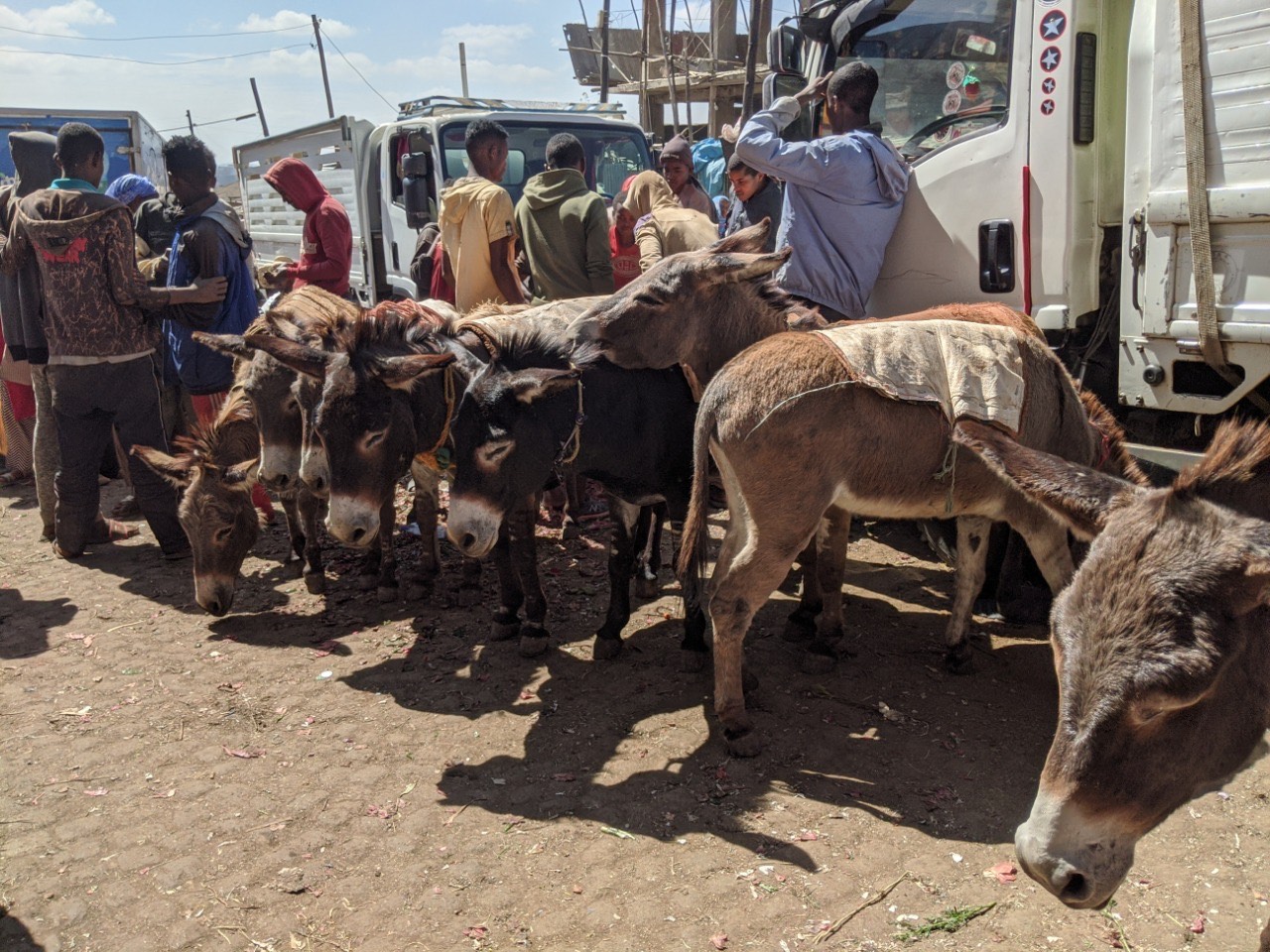
About Bangalore
04/03/20 23:31
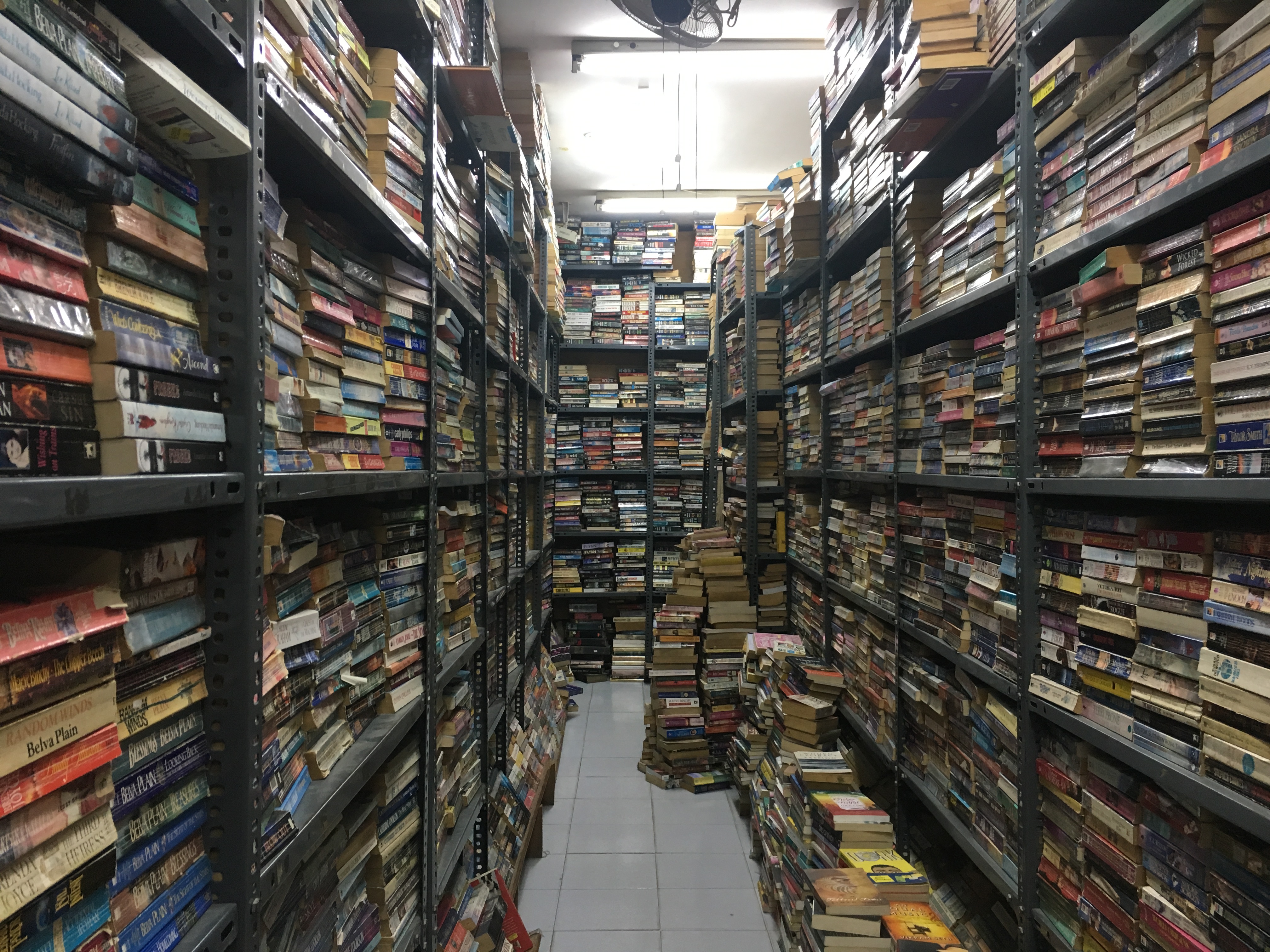
"Hello, Sir? Do you have a minute? Hello?"
If you walk towards Indiranagar from Domlur, grazing past the Domlur flyover, there is a small turn from Old Airport Road you have to take. Under the shadow of the flyover, discreetly hidden from the glitter of street lights, this is probably the darkest corner of Indiranagar in Bangalore. Especially, after 11pm. If you walk past, occasionally on humid nights there will be a wafting smell of ganja in the air, which for some of us smells like nostalgia.
"Hello, Tamil? Kannada? Hindi?"
He stands there in the corner, most nights, silently, preying or maybe praying. And don't worry; it is anything but natural to be creeped out by him. If it was not the 100th time I was walking back home through this alley, and if it was not me tired from a 12 hours of servitude, I would have been equally creeped out, maybe more. But he is my friend, maybe the first new friend I made in Bangalore this time. Only thing is that maybe, just maybe he does not realize it.
"Hindi, English", I say, bracing myself for our 15th interaction maybe in last 3 months. I pull out the earplugs and Kishore Kumar continues his yodels for the million others across the FM waves. But I am not exasperated yet. I am trying to predict the story he is going to present this time.
"Sir, actually, I, painter in that building. My contractor leave me, no mobile. I spend night. But some food. Some Idli. Money please..".
I smile. So today is the repeat of the contractor story. His eyes betray the losing grip of his reality by the street side opiates. But he is well rehearsed to let his voice quiver even a bit. I know Idlis are the last thing he needs. His stomach has long lost the battle of necessities to his mind. In my case the fight is still going on.
"Come on. You still do not recognize me?", I still made an effort to get through him, to ensure, its reality and not a playact we are repeating for the umpteen time. Also, today I was not in much mood to give him money. I want him today make an extra effort.
"You give me address. I tomorrow return money". He egged me on, judging my hesitance.
"OK. do one thing. If you take this road, some 2 minutes walk down, there is this food shop. I know them. Go there, and ask". I said
"They don't give food. They ask money". He countered.
"So, say the same thing to them. Tell them you will pay tomorrow. I know them, nice people, will give food."
"No, Sir. I need money for food"
"You do not. OK, come with me to the traffic police. He can help you find places for free food"
By now his eyes has lost interest, and I was a lost cause for him. With a grunt he turned away and walked off.
Now do not get me wrong. I am not this brute always. There are times I paid him a pittance, sometimes bought him food. Sometimes I ignored his calls and chose earphone music over him, once even shared tea with him, which I doubt appealed him. But in all these encounters, he still did not care enough to memorize my face.
Maybe that is why he slowly turns into this friend. His lack to giving fucks to me, amuses me, intrigues me, and obviously irritates me. But above all this, I like his stories, I enjoy them. He is sometimes the lost house painter, new to town contract worker, even the street sweeper who forgot his wallet. He sometimes is hungry, sometimes needs a bus ride, and once even asked money for auto.
But however harsh or mellow his story is, he is always happy with whatever I feel like giving him or even not giving him. What maintains the status quo is that we both feel comfortable walking away from our interactions. Some days when he is repetitive with his stories or I am just too tired to care, I walk out and other days when he realizes that I am just meddling with him, he walks away. But few nights down the line, we start again, a new interaction, with a new storyline, new plot.
As I walked away from him, an auto wallah idle at the crossing said, "be careful about your mobile with such people, you never know", and i shared my agreement with him. Someday, our disagreements might be too much for his needy brain, and in that darkest corner of Indiranagar he can very well beat the shit out of me. That can very well be end of our friendship, even if not me. But if you ask me today to give up on this underlying tension, that is the only real interaction for a man in a wrinkled pair of formals, returning home after an onslaught of mediocrity, will I give it all up? Will I take instead the well-lit roads to home?
About Cairo
04/03/20 23:29
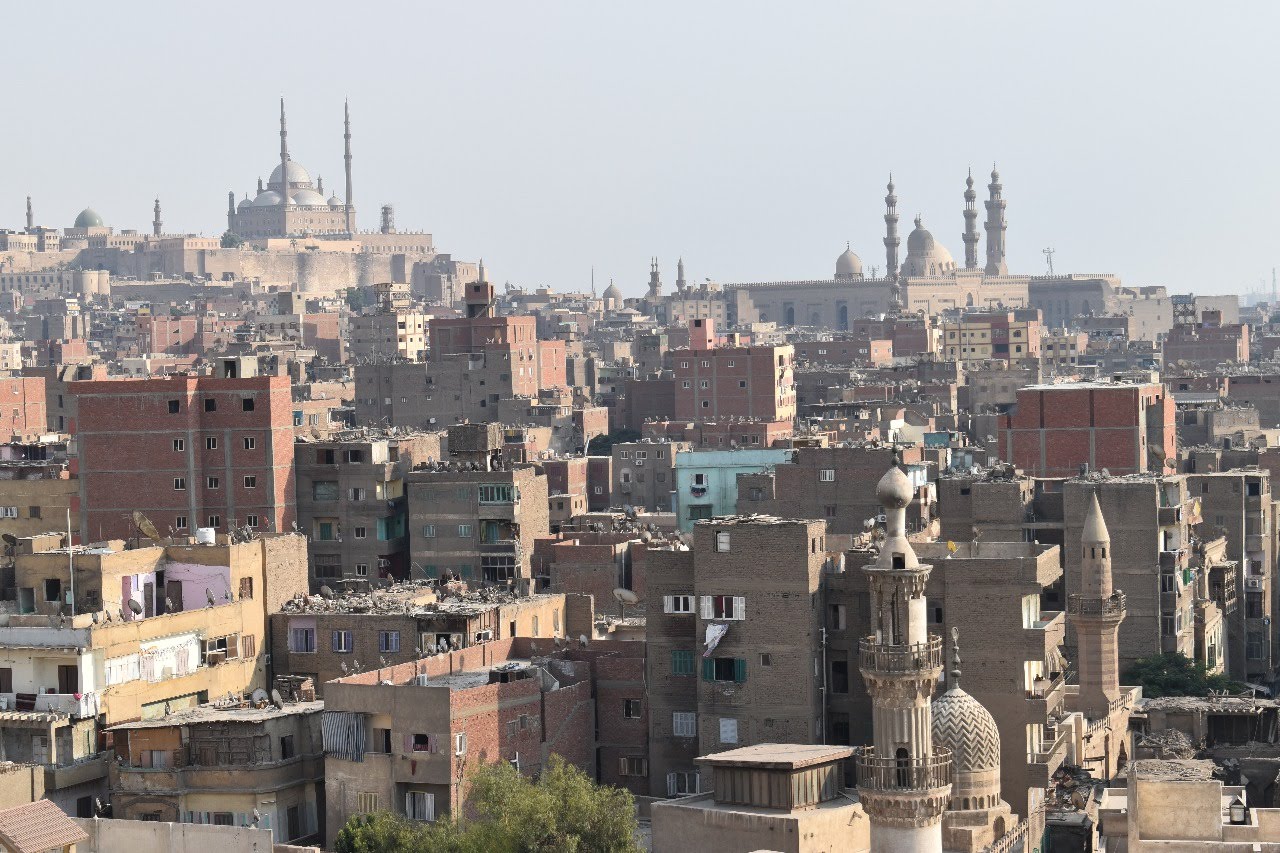
Cairo is drenched with dust. Not in a bad way, where the dust arises out of nothingness and poverty. Therefore maybe shrouded is a better word. Cairo is shrouded with dust, like a mansion kept under lock. The furniture and showpieces carefully kept under the shroud of discarded clothes and bedsheets of its long-left owner. It is as if the discarded clothes stand guard as scarecrow for the furnitures and showpieces.
Similarly, Cairo is shrouded with dust. The dust of the dead, or maybe the dust of the necropolis that houses the dead. Every minaret, every tree, every pillar and every Khirki. Each and every one of them is dusty and devoid of moisture. You feel an incessant urge to pick up a bucket and mop and start scrubbing them clean. The responsibilities entrusted by Nature to rain has been conveniently ignored by the season, and you feel the urge to stand proxy for rain itself.
Slowly, you will learn to see through the dust. And beyond that layer of dust lies the unlikely harmony of culture and clashes. At the street level the buildings will impose upon you with their big facades. The mighty arches which are headed with papyrus and lotus headed pillars. The latticed wooden windows, where the dust has found home in its hard to reach nooks and corners.
But a different Cairo will emerge as you leave behind the streets to climb the rooftop. It is a city which in process of healing its wounds of revolution. Hence, the destruction left behind by the revolution is quietly swept up from the streets and dumped on the terraces. The terraces of Cairo is voyeuristic expose of the the darkness that the people hide behind their smiles on the streets.
Antony Bourdain, once famously discarded the Pyramids in favour of Nile. He visited Cairo but resolved to not see the Pyramids but instead revel in the glory of Nile. I suggest to go a step further. Go ahead and discard even the Nile from your itinerary in favour of the streets of Cairo.
Yes, it is hard to explore a city by ignoring a river that flows through the city, but frankly Nile is yet another river at best. Look beyond the Nile into the skyline of the city, or if you may be bold enough to ditch the broad ways in favour of the alley ways.
From Tahrir square all the roads span out to sneak through the cities, you just need to find the one which fancies you. If walking gets you tired stop and sit down for a sheesha with a cup of coffee. A lot can be told about a culture by the way their restaurants arranged their chairs. In Cairo cafes, not the famous ones but the ones inside the alleys, the chairs do not face the tables. The chairs are tilted to face the passage between the tables, and tables are on your side. So, everyone is sitting in their own table, but at the same time facing each other to form a community of awkward strangers.
If language was not a barrier, they would have drawn you in their conversation, but as of now you will just be mute spectator in a conversations of locals and neighbours talking about small problems of daily life that you are not privy of.
In Cairo, the food and the happiness overflows on its streets, but the revolution and the destruction still overbears on its attics. Hope is the majestic papyrus headed pillars that keeps it that way.
